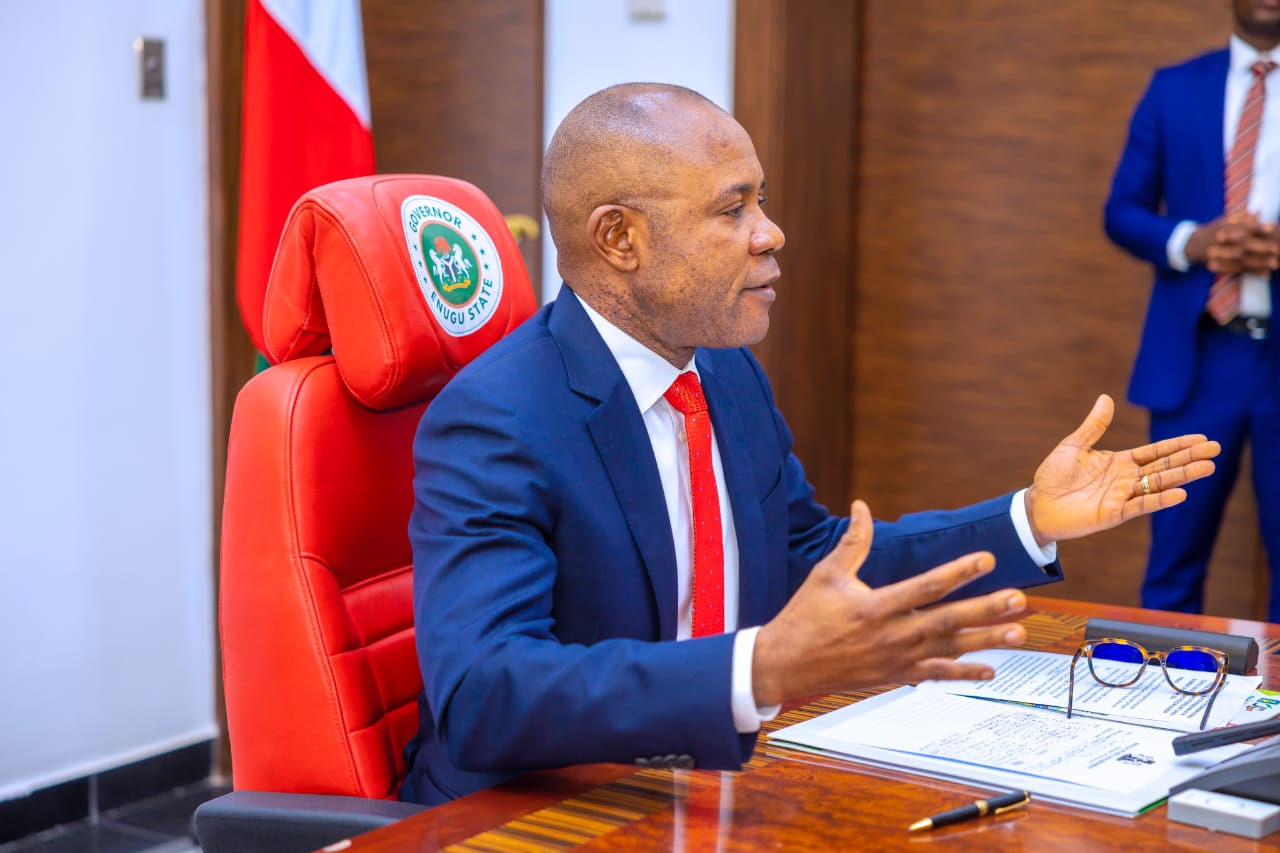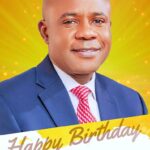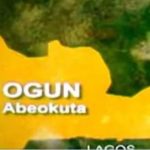|
Getting your Trinity Audio player ready...
|
The governor of Enugu State, Dr. Peter Mbah, has described Nigeria’s presidential federalism, which vests too much powers and revenues in the centre as a major setback to speedy socio-economic development in Nigeria.
Mbah likened Nigeria’s brand of federalism to a man with 36 children, but who overworked a few till they became too weak, noting that the ensuing hard times should be seen an opportunity to overhaul the nation’s production strategy.
He, however, commended the transfer of railways and power from the Exclusive to Concurrent List to enable the states to play a role in those sectors and lauded the ongoing discussions and predisposition of the President Bola Tinubu Administration towards the devolution of more powers to the federating units.
The governor stated these in a public lecture entitled “Enugu State, Nigeria: New Political Leadership; Bold Economic Vision – Spotlight on the Health and Education Strategies” which he delivered at the London School of Economics, LSE.
Mbah said, “The choice of a presidential system might have been well-informed, shaped by the inherent benefits of federalism in other countries with population as vast and diverse as ours. But our presidential federalism has bred a system where revenue is excessively domiciled at the centre rather than in the states – or regions.
“Our federal system evokes an imagery akin to someone with 36 children, but who allows just about five to constantly till the family’s farmland until those few eventually became frail from age and unable to farm the land anymore. Is it then surprising that the family has fallen into hard times? Shouldn’t that have been an opportunity for the family to overhaul its production strategy given the opportunities that could be borne out of crises sometimes?
“Such hypothetical scenario can only breed dire economic prospects for the family and should ordinarily push its hard-pressed members to take some swift and critical actions to improve their precarious financial state. The challenge, as we have seen, is finding the will and having the capacity to do so,” he stated.
Mbah said that while discussion on further devolution continued, leaders at all levels could make a difference by applying political will, people-centered and transcendental leadership.
“At the heart of our socio-economic challenge is the issue of leadership deficit. This has always been the bane of our development. Despite widespread clamour and yearning for leaders with transcendental values, leadership failure remains a recurring decimal.
“A good leader is basically a visionary and should not merely peddle hope, but demonstrate a capacity to translate dreams into reality. This briefly summarizes our turnaround tale in Enugu State in roughly nine months.
“The single boldest projection that encapsulates what we intend to accomplish is our target to grow the economy of Enugu State seven-fold. Simply put, our vision is to grow the state’s GDP from $4.4bn – that we met – to at least $30bn in the next four to eight years. Another bold plan is the commitment to attain a zero per cent poverty headcount index in Enugu State,” he stated.
Mbah further said that his administration’s massive investments in security, health, education, agriculture, and water sectors, among others, were part of the overall strategy to turn the state’s fortune around within the context of prevailing constitutional framework.




